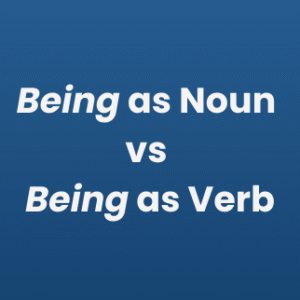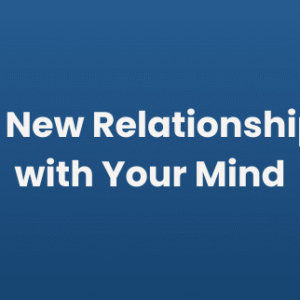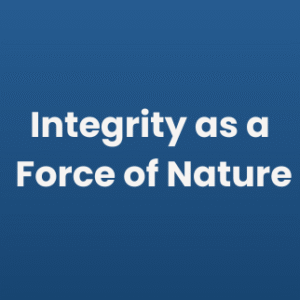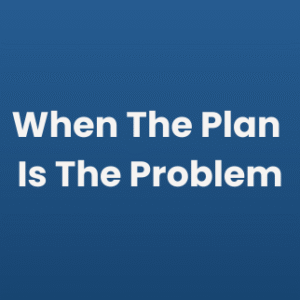
Role of Analytics in Employee Engagement - An Insight for Managers
I have led OD interventions in professional student bodies in University. I have been a part of an OD intervention in Deloitte. I have invested years into working as a risk consultant with Deloitte. Part of what I did was crunching data through analytics and weaving it into stories that empower business decisions. I know how powerful it is. I now specialize in organizational and leadership development coaching. I coach teams and leaders through OD interventions and activities, and it is a given that one of the key areas of a successful OD intervention is positive employee engagement. Every leader wants their team to be engaged because data indicates that it directly correlates to reduced staff turnover, improved productivity and efficiency, customer retention at a higher rate, and making more profits. Even a manager who doesn’t really care about people would want the bottom-line benefits out of this one!
Having a boundary-spanning style of working gives me an edge when I want to get unrelated information together in a meaningful way. One of the trends I have noticed is leaders attempting to increase employee engagement through random floor activities and entertainment. They are great and they sometimes work, but there’s a different side to the story. Employee engagement is not the same as happiness or satisfaction. It is the employee’s emotional commitment to organizational goals. It means that they actually care about their work and their company, and view their work as more than transactional.
The Interplay of Data and Fair Process in High Performance
In a transactional work culture, everything needs to be incentive-driven. Performance is directly linked to compensation; Team morale and engagement go down if people do not explicitly get rewarded. This could be a result of using an ineffective leadership style or not encouraging employee buy-in through fair process during OD activities. Fair process is a blue ocean strategy that banks on high engagement at its core for increasing performance. If a leader asks me to come up with a fun activity to increase engagement on the floor, I would be puzzled. Not because I was out of ideas, but because it is akin to hitting a false target. In logic, this is closely related to what is known as the ‘Straw man Fallacy’.
As a professional coach, that’s not how I work. As OD coaches, we don’t just cross our fingers and hope that whatever engagement strategy we come up with works. Every action I take has to have a specific outcome, and every decision needs to be backed by data. We partner with the leadership in rolling out profiling tools such as engagement surveys or culture assessment surveys like OCAI, 5 Dysfunctions of Teams and OCTAPACE to gather the data and gain a deeper understanding of root causes. We analyse it, give it shape and understand the gaps. We facilitate the leadership on determining the best course of action to increase engagement, based on the insights data gives us. If one of the insights is correlated with increasing entertainment on the floor, then we might as well conduct a fun activity. Otherwise, I pose an interesting question to the leadership:
Do we want entertainment-based floor activities to increase employee engagement, or defer employee disengagement?
It is important to acknowledge the distinction between increasing engagement and deferring disengagement, and data analytics plays a tremendous role in this process. Leaders think they are addressing the problem, but what they are actually addressing is what they think is the problem. Or even worse, they don’t see scope for growth unless they see a problem. As analytics is proving to be a game-changer in more and more fields, it is time we fully adopt it for human capital needs across silos. There’s something my mentor Alison Geskin often says that resonates deeply. Alison is the CEO of The Art of Strategy and an official member of the Forbes Coaches Council. She says, ‘You can have the most beautiful strategy from a top consulting firm, but it is only when your people win, that your organization wins’.
What kind of engagement do you see in your workplace? Are your people winning?
For an in-depth understanding of Fair Process: Harvard Business Review – Fair Process: Managing in the Knowledge Economy




